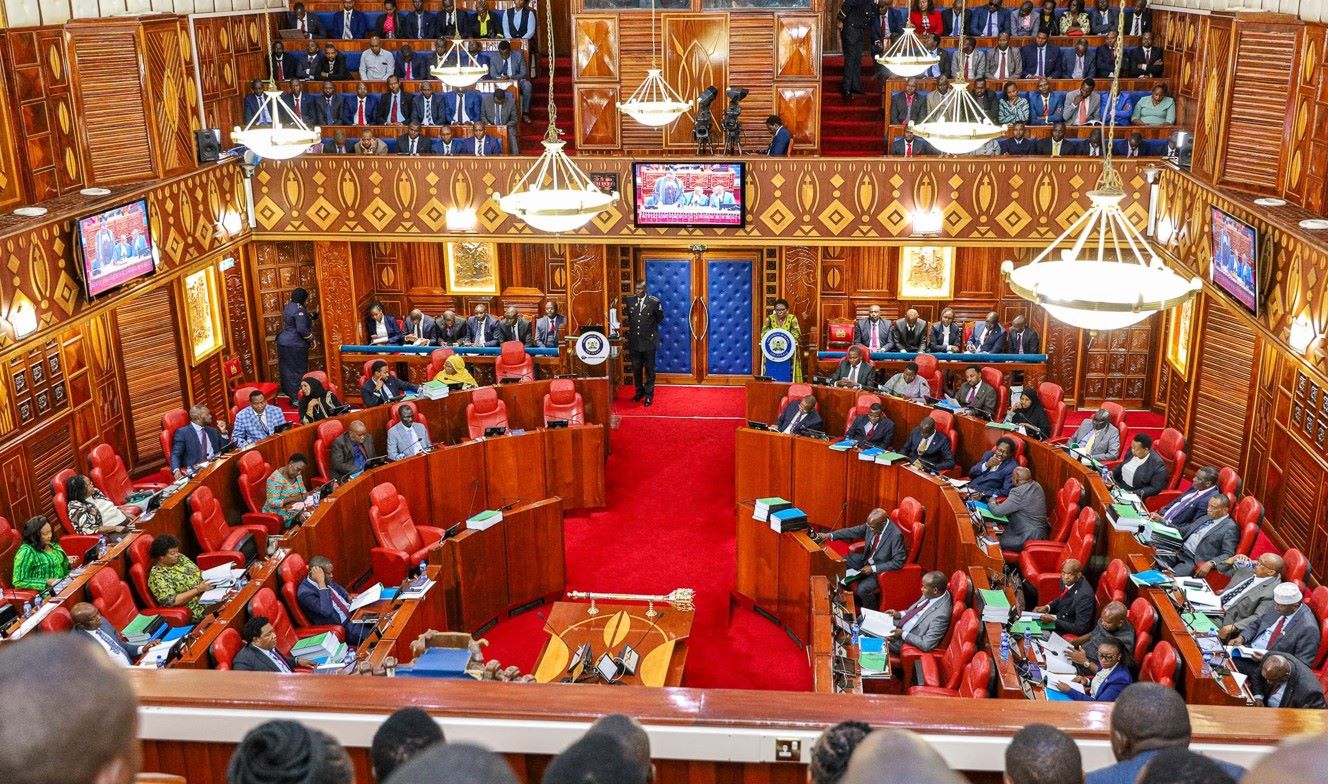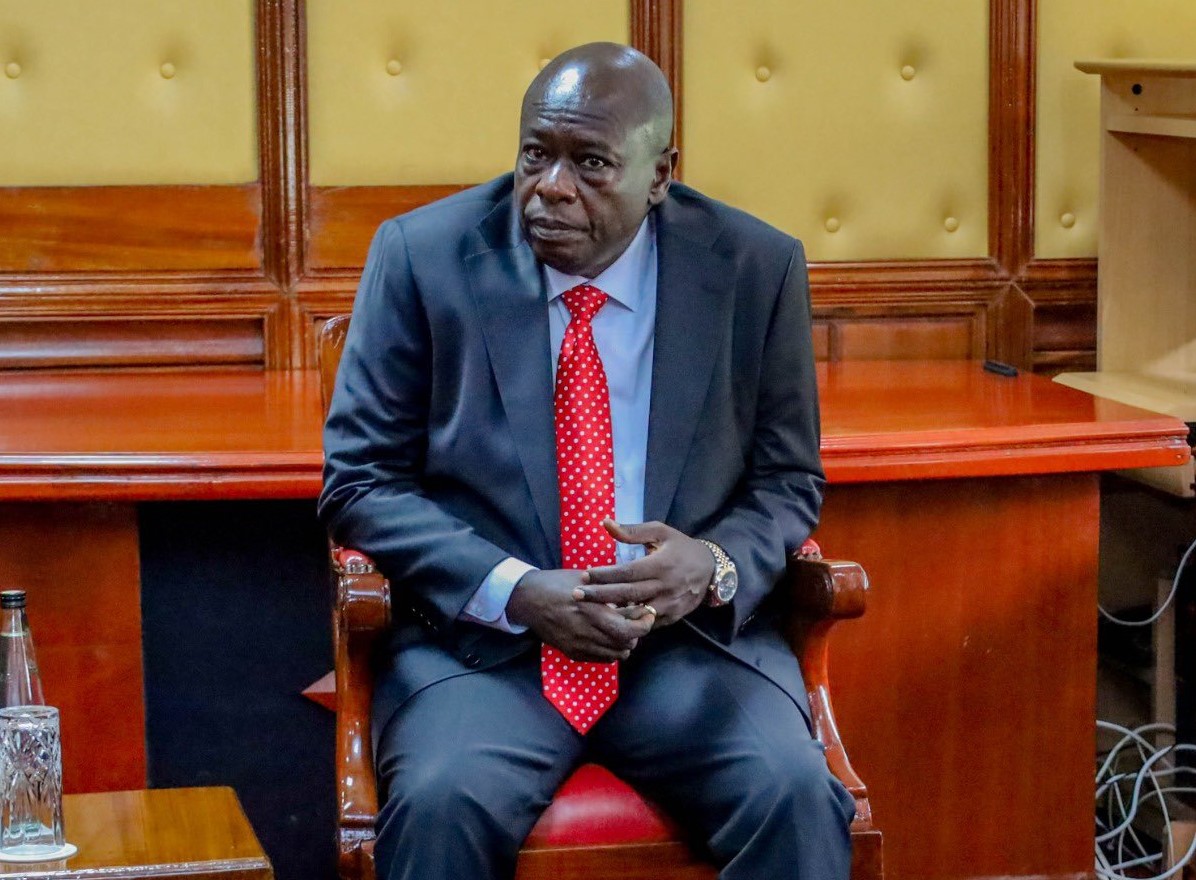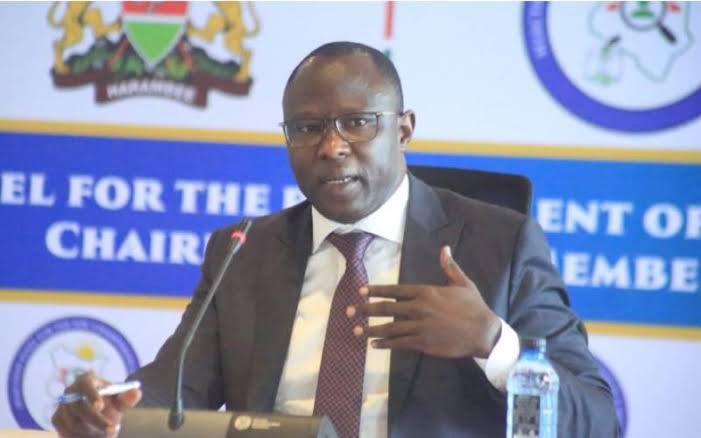Counties' cash crunch deepens as Senate rejects revenue cut

Governors have already sounded the alarm, warning that some counties may soon halt operations without immediate intervention.
County governments now face a worsening financial crisis, depending on the goodwill of the National Treasury and the Controller of Budget (CoB) to prevent an impending shutdown.
This follows the Senate's rejection of President William Ruto's proposal to reduce county allocations from Sh400.1 billion to Sh380 billion in the current financial year.
More To Read
- MPs demand automation to speed up county fund approval process
- Senators reject Sh20 billion cut to county allocation
- Counties' debt mounts as Auditor-General warns on unrealistic budgets, ballooning pending bills
- Commission on Revenue Allocation raises budget ceilings for 2024/25 fiscal year
- Fresh row brews after counties ask Treasury for more money
- State pledges timely payment of all funds owed to counties in race against crisis
The Senate's decision on Wednesday has triggered a mediation process that could further delay the passing of key legislation needed to release county funds.
Despite this setback, the National Treasury and the CoB have the authority to release funds even without the law in place, using provisions under the Public Finance Management Act (PFMA).
Section 134 of the PFMA Regulations, 2012, allows the CoB to authorize the withdrawal of up to 50 per cent of funds from the Consolidated Fund, based on the last approved County Allocation of Revenue Act, if the new bill is not approved at the start of the financial year.
Governors have already sounded the alarm, warning that some counties may soon halt operations without immediate intervention.
In a decisive move, senators dismissed President Ruto's proposal, which had emerged following the withdrawal of the Finance Bill, 2024 amid protests, largely driven by Gen Zs.
The Senate Finance and Budget Committee, in a report supported by the House, insisted that counties should receive Sh400.1 billion as originally planned.
"The sharing of the revenue shortfall occasioned by the rejection of the Finance Bill, 2024, of Sh346 billion between the two levels of government appears arbitrary. There is no justification for the reduction of the equitable share by Sh20.12 billion," the committee's report stated.
The Senate's position now demands mediation with the National Assembly, which had already passed the President's proposal weeks earlier.
Senators argue that, although the Sh380 billion allocation meets the constitutional requirement of at least 15 per cent for counties, it falls short by Sh 5.4 billion compared to the previous year's allocation of Sh385.4 billion.
Disrupt public services
This reduction is expected to strain county operations and disrupt essential public services.
The Senate committee, chaired by Mandera Senator Ali Roba said counties should not bear the burden of revenue shortfalls experienced by the national government. "An attempt, therefore, to provide that counties shall bear any shortfall in revenues would be unconstitutional and in contravention of Article 219," the report noted.
Senators also pointed out that counties are already grappling with mandatory expenses imposed by the national government, totalling Sh39.98 billion.
This includes Sh4 billion for the housing levy, Sh3 billion for increased National Social and Security Fund contributions, and Sh5.3 billion for the establishment of county aggregation and industrial parks.
Additionally, counties will be responsible for paying community health promoters, which will cost Sh3.23 billion, Sh5.64 billion for medical equipment services, and Sh2.85 billion for the Integrated Payroll and Personnel Database.
There is also the obligation to meet the Sh5.8 billion required to honour the doctors' collective bargaining agreement, which runs until 2024.
Senators, led by Vihiga Senator Godfrey Osotsi, raised concerns that reducing the county allocation would undermine essential services and disrupt development projects.
"We will be doing injustice to our counties as senators if we agree to further lower the percentage of equitable share to the ordinary revenue that is raised nationally," Osotsi said.
Top Stories Today












































